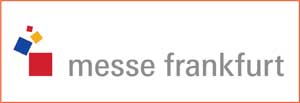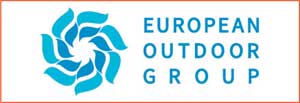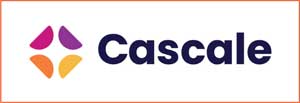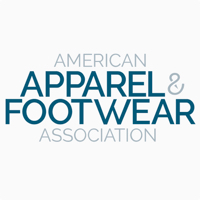 AAFA RSL
AAFA RSL
The American Apparel & Footwear Association (AAFA) is a national trade association representing apparel, footwear and other sewn products companies, and their...
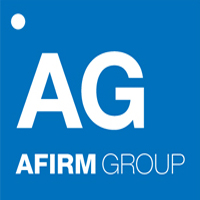 AFIRM
AFIRM
The AFIRM (the Apparel & Footwear International RSL Management Working Group) provides resources for sustainable, self-governing RSL implementation across the...
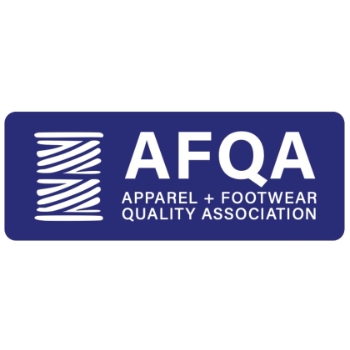 AFQA
AFQA
The Apparel and Footwear Quality Association (AFQA) is a new collaborative forum of apparel and footwear companies that aims to improve physical textile testing to...
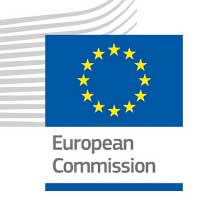 Best Available Techniques (BAT) Reference Document for the Tanning of Hides and Skins
Best Available Techniques (BAT) Reference Document for the Tanning of Hides and Skins
Best Available Techniques (BAT) Reference Document for the Tanning of Hides and Skins provides a review of the Best Available Technology in the Tanning Industry across...
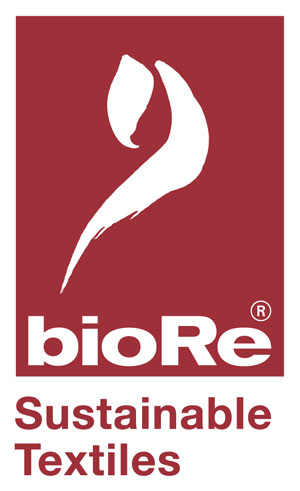 bioRe
bioRe
Updated in 2019, the bioRe label is operated by Swiss-based Remei Foundation, which defines the standards for bioRe Sustainable Cotton and subsequent bioRe Sustainable...
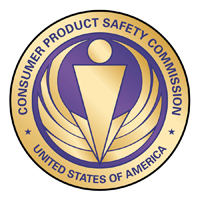 Consumer Product Safety Improvement Act
Consumer Product Safety Improvement Act
The Consumer Product Safety Improvement Act of 2008 (CPSIA) was enacted by the federal government of the United States of America to “establish consumer product safety...
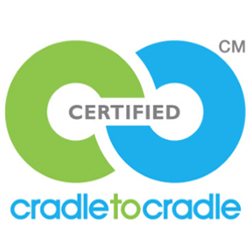 Cradle to Cradle
Cradle to Cradle
The Cradle-to-Cradle standard assesses product safety to humans and the environment, as well as product design for material reuse using a four-tier improvement system,...
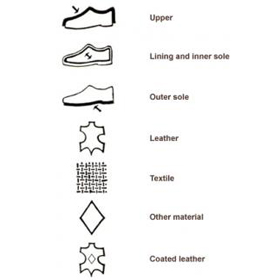 Directive 94/11/EC - Labelling applying to materials used in footwear
Directive 94/11/EC - Labelling applying to materials used in footwear
Directive 94/11/EC is a legal act of the European Union concerning the labelling of materials used in footwear, including parts sold separately. The European Union has...
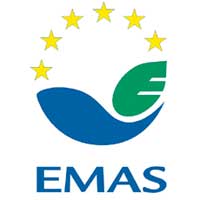 EMAS
EMAS
The EU Eco-Management and Audit Scheme (EMAS) regulation is a management tool for companies and other organisations to evaluate, report and improve their environmental...
 Energy Star
Energy Star
Energy Star is a joint voluntary programme of the US Environmental Protection Agency (EPA) and the U.S. Department of Energy (DOE) that aims to help consumers save money...
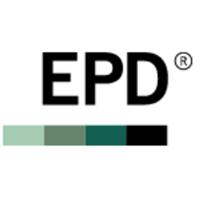 Environmental Product Declaration (EPD)
Environmental Product Declaration (EPD)
An Environmental Product Declaration (EPD) is a verified and registered document that communicates transparent and comparable information about the life-cycle...
 EU General Product Safety Directive
EU General Product Safety Directive
The EU General Product Safety Directive is a directive provided by the European Commission on the requirements and surveillance of non-food consumer products on the market.
 EU-JRC End of Waste Criteria
EU-JRC End of Waste Criteria
The European Union’s Thematic Strategy on Prevention and the Recycling of Waste is a long-term strategy which aims to help Europe become a recycling society that...
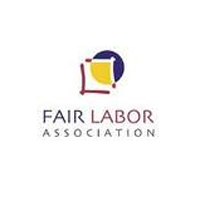 Fair Labor Association
Fair Labor Association
Established in 1999, the US-based Fair Labor Association (FLA) is a collaborative effort of socially responsible companies, universities, governments, labour rights...
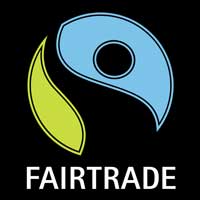 Fairtrade Textile Standard
Fairtrade Textile Standard
The Fairtrade Textile Standard is one component of the greater Fairtrade Textile Programme which aims to facilitate change in textile supply chains and related business...
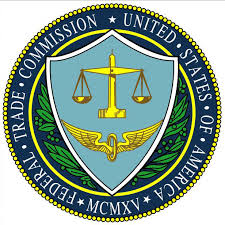 FTC - Green Guides
FTC - Green Guides
The Federal Trade Commission's (FTC) Green Guides provide guidance to help marketers avoid making false or misleading claims about the environmental benefits of their...
 FTC Recycled Content
FTC Recycled Content
According to the FTC Recycled Content guidelines, it is deceptive to misrepresent, directly or by implication, that a product or package is made of recycled content.
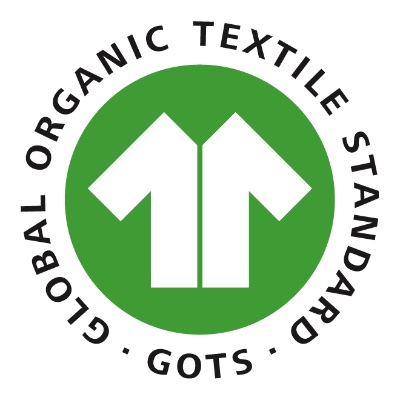 Global Organic Textile Standard (GOTS)
Global Organic Textile Standard (GOTS)
The Global Organic Textile Standard (GOTS) is an international standard for processing certified organic fibres. It encompasses stringent ecological, social, and human...
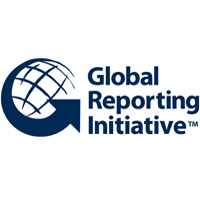 Global Reporting Initiative
Global Reporting Initiative
The Global Reporting Initiative (GRI) is a non-profit organisation that promotes economic sustainability and produces one of the world's most prevalent standards for...
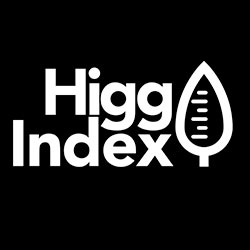 Higg Index
Higg Index
The Higg Index, is a suite of self-assessment tools developed and owned by Cascale that assesses the manufacturing, brand and product impacts of textile and consumer...
 International Labour Organisation
International Labour Organisation
The International Labour Organisation (ILO) campaigns to improve rights at work, encourage decent employment opportunities, enhance social protection and strengthen...
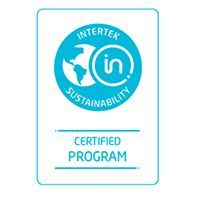 Intertek Recycled Content Program
Intertek Recycled Content Program
Since the last guide was published in 2018, international testing house Intertek has retired its ‘Green Leaf’ environmental marks for consumer goods including...
 ISO 20400:2017 Sustainable procurement – guidance
ISO 20400:2017 Sustainable procurement – guidance
BSI (the British Standards Institute) has launched ISO 20400:2017 Sustainable procurement – guidance. Designed to assist organisations to meet their sustainability...
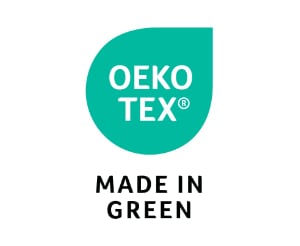 Made in Green by Oeko-Tex
Made in Green by Oeko-Tex
Made in Green by Oeko-Tex is a traceability label for textiles tested for harmful substances and the use of sustainable production practices and technologies...
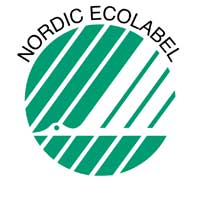 Nordic Ecolabel
Nordic Ecolabel
The non-profit Nordic ‘Swan’ Ecolabel is a voluntary license designed to help companies make and indicate products to the consumer that are more sustainable. It is...
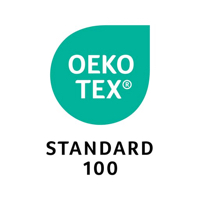 Oeko-Tex 100
Oeko-Tex 100
The Oeko-Tex Standard 100, introduced in 1992, is a global uniform testing and certification system for textile raw materials, intermediate products, and end products at...
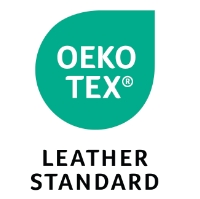 Oeko-Tex Leather Standard
Oeko-Tex Leather Standard
Launched in 2017, the Oeko-Tex standard for leather goods allows producers and suppliers of leather goods to have their products certified and tested for harmful substances.
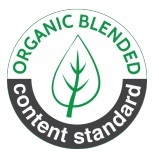 Organic Content Standard
Organic Content Standard
The Organic Content Standard (OCS) is a voluntary standard for tracking and verifying the content of organically grown materials in a final product.
 Product Carbon Footprint - ISO/TS 14067:2018
Product Carbon Footprint - ISO/TS 14067:2018
Previously in the Textile Standards & Legislation Guide we featured ISO/TS 14067:2013. This has now been superseded by this later version, which was revised in late 2018.
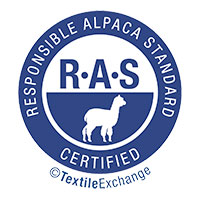 Responsible Alpaca Standard
Responsible Alpaca Standard
The Responsible Alpaca Standard (RAS) is an international, voluntary standard that ensures alpaca wool is responsibly sourced from farmers with high animal welfare standards.
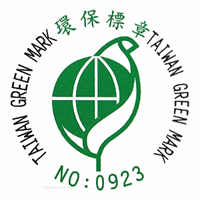 Taiwan Green Mark
Taiwan Green Mark
The Green Mark Program was launched in 1992 by Taiwan’s Environmental Protection Administration as a voluntary eco-labelling program and published its latest revision in December 2013.
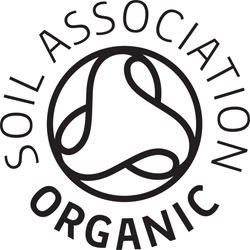 The Soil Association
The Soil Association
The Soil Association organic standard for textiles is another label which has adopted the GOTS criteria. It has a very high degree of consumer recognition in the UK...
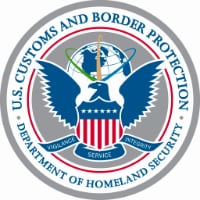 The Uyghur Forced Labor Prevention Act
The Uyghur Forced Labor Prevention Act
Approved by US Congress in December 2021, the Uyghur Forced Labor Prevention Act, also known as the UFLPA, prohibits the importation of goods into the United States...


